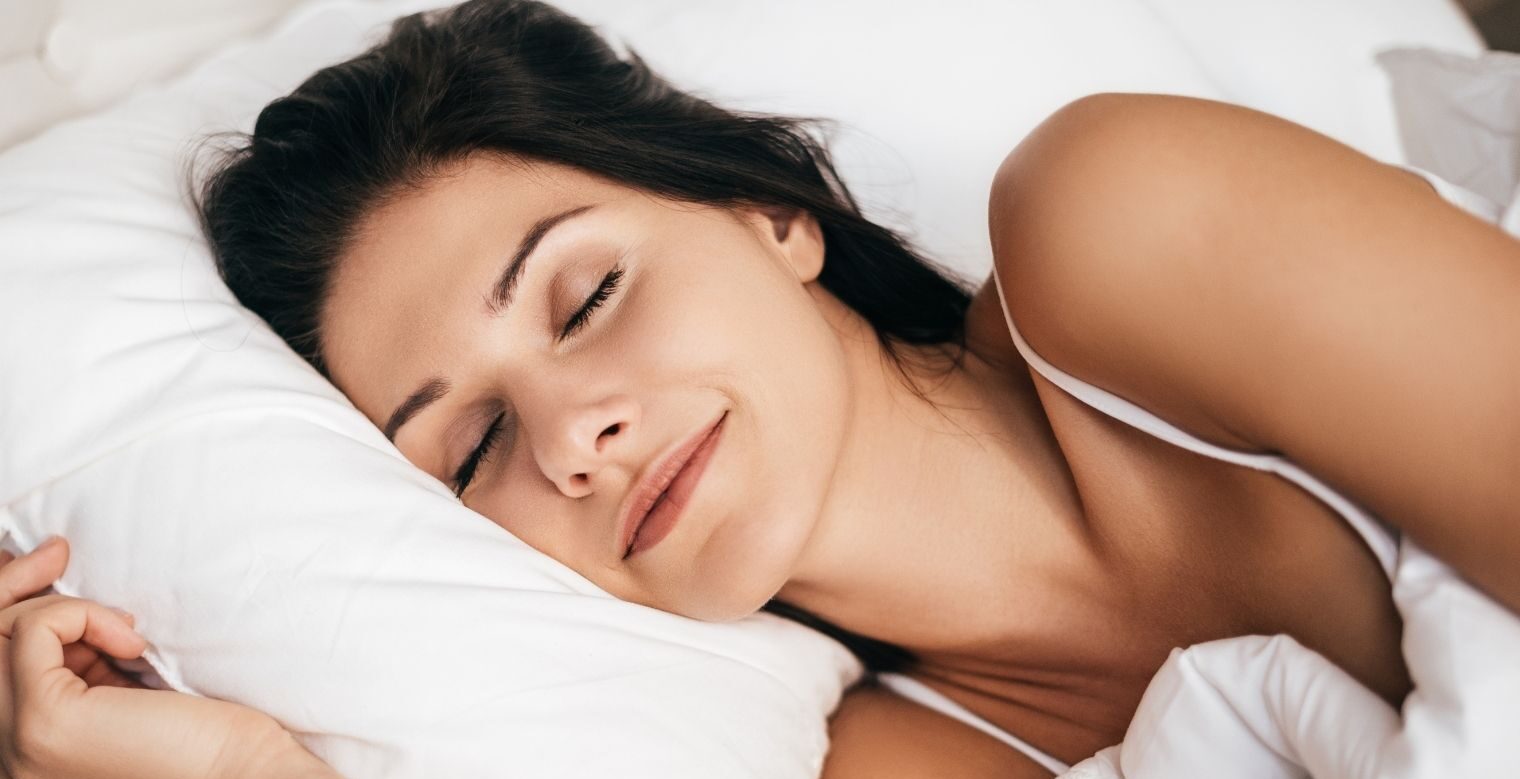Sleep Is Vital To Your Health And Happiness
If you have trouble getting a good night’s sleep, you’re not alone. In the US, it’s estimated that between 50-70 million adults aren’t getting enough sleep. Some degree of insomnia is reported in as many as 30% of all adults.
Sleep is vital to both your health and happiness. How happy are you when you’ve had to pull an all-nighter for school, work, or even as part of your social life?
Consider these tips to get the most out of your sleep:
1.Increase bright light exposure during the day to help you sleep better at night. The body knows!
- Reduce the amount of time you are in blue light. Blue light tricks your body into thinking it is daylight and may have other adverse effects. Some people wear blue light glasses, download apps for their cell phones, etc. Google search for more ideas.
3. Keep in mind that caffeine can stay elevated in your blood for 6–8 hours. Consider it when having your afternoon cup of joe and even that nighttime cup of tea may have caffeine in it.
4. Set a sleep schedule and stick to it. Our bodies adapt very quickly to our sleeping habits. Notice that if you stay up late and eat, your digestion tends to run amuck.
* Most people require 7-8 hours of sleep to function optimally. Most adults need 7 to 9 hours, although some people may need as few as 6 hours or as many as 10 hours of sleep each day.
* Getting less than 6 hours of sleep simply isn’t enough for you to be your most productive. This can be detrimental to your day and to your health.
* Your body is much more efficient at sleeping and preparing for sleep if you can maintain a schedule.
- Keep your bedroom cool. Your body temperature drops as you near bedtime and is at its lowest during sleep. If the room is too warm, your body won’t be able to cool down.
* Sleep quality is improved in a cool sleeping environment.
* You’ll have to play around with the temperature to find what’s ideal for you.
- Avoid alcohol. Alcohol can help you fall asleep, but sleep quality is compromised. It has been shown that sleep is less restful and you’ll wake up more often during the night, even if you don’t remember it. For some reason, the negative effects of alcohol are more pronounced in women.
7. Darken the room. Even the light from your alarm clock can compromise the quality of your sleep.
* Remove as much artificial light from your sleeping environment as possible.
* Turn off the computer screen and minimize any ambient light coming from outside the room.
- Sleep the most beneficial amount of time. Studies have shown that sleeping more than 9 hours or less than 6 hours is associated with feelings of anxiety and sadness.
* If you find you need more than 9 hours and can’t sleep more than 6, a visit to your physician is advised.
* Even one night of low quality or quantity sleep is associated with insulin resistance, a major cause of type-2 diabetes. Those that sleep less than 6 hours are also far more likely to develop high blood pressure.
- A pre-sleep routine may help you relax. Reading a book (always puts me to sleep), listening to soft music, doing deep breathing, etc. may prove useful. Ask your voice assistant on your smart speaker for recommendations.
10 Ensure you get enough vitamin B6, calcium and magnesium. Vitamin B6 is needed to synthesize melatonin, which is vital to sleep. Calcium deficiency has been shown to increase the amount of time it takes to fall asleep. Magnesium intake is associated with the ability to stay asleep.
- How’s your mattress? Even the highest quality mattress has lost as much as 75% of its support after 10 years.
* You probably spend more time sleeping than you do on any other single activity. Be certain you have a good mattress.
* Consider how much you spent on your car and how many hours you use it. Purchase the best mattress you can afford.
- Try not to exercise within 3 hours of your bedtime. Exercise is great for increasing the quality of sleep and decreasing the amount of time required to fall asleep. However, studies have shown that 3 hours is the cutoff point to prevent exercising from decreasing sleep quality.
Sleep is an important part of maintaining health and enjoying life. If you’d enjoy sleeping more like a baby, keep these tips in mind. Maintain a regular sleeping schedule and ensure that your sleeping environment supports peaceful sleep.
- And last, but not least according to the Mayo Clinic, studies have found massage to be beneficial for insomnia-related stress! So, book a massage! We wish you sweet dreams!
MEDICAL DISCLAIMER
All information stated is for educational and informational purposes only, to help the client to pursue his/her life goals in a healthy manner. Coaching is NOT a substitute for counseling, psychotherapy, psychoanalysis, mental health care, or substance abuse treatment. Coaching is not to be used in place of any form of diagnosis, treatment, or therapy. The content should not substitute for medical advice from a qualified health care professional, medical or psychological (mental) diagnosis, treatment, and care.
ACCURACY
Although every effort is made to ensure the accuracy of information shared on or through our website, the information may accidentally contain inaccuracies or typographical errors. Every effort has been made to present you with the most accurate, up-to-date information, but because the nature of scientific research is constantly evolving, we cannot be held responsible for the accuracy of the content.
Serving the Chronic Condition Community
Pain. Disease. Illness. Inflammation.
Lymphatic & Immune System Challenges
Marla Kaplan
Nationally Board Certified Health and Wellness Coach
HealthAndWellnessCoachLI.com
631-462-4263

